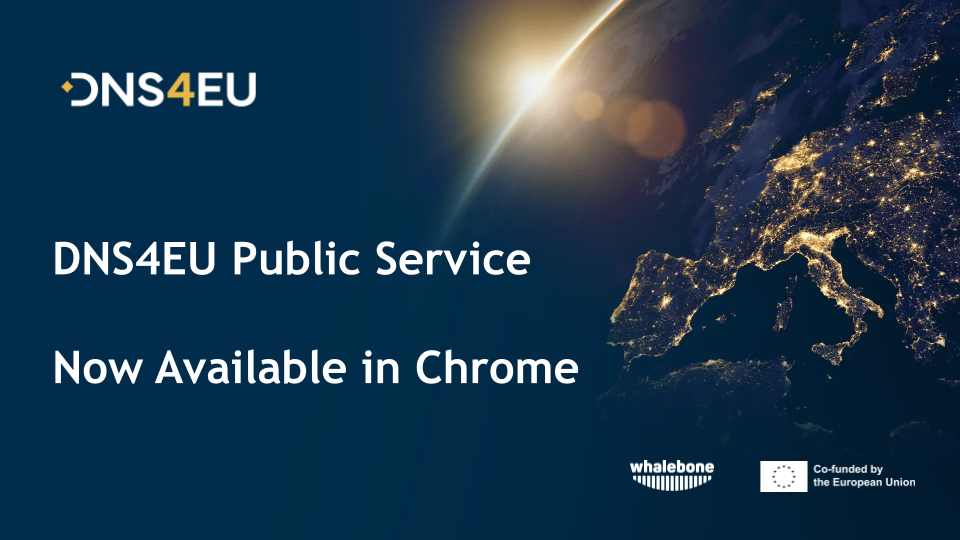In this blog post, you will discover the critical reasons why institutions must prioritize the protection of their sensitive data. Protection is an essential component of a government's cybersecurity strategy. It not only safeguards sensitive data and critical infrastructure but also helps maintain public trust and ensures the uninterrupted delivery of essential services.
Protection against cyber threats is of paramount importance for governments for several key reasons:
- National Security: Cyber threats pose a significant risk to national security. Foreign governments, criminal organizations, and hacktivists can launch cyberattacks with the intent to disrupt critical infrastructure, steal sensitive military and intelligence data, or compromise the integrity of government operations. Protecting against these threats is essential to safeguard a nation's sovereignty and protect its citizens.
- Economic Stability: Cyberattacks can have devastating economic consequences. Governments are responsible for maintaining economic stability and growth within their borders. Cyberattacks on government institutions, businesses, and critical infrastructure can lead to financial losses, disrupt supply chains, and erode public trust in the government's ability to manage the economy.
- Protection of Sensitive Data: Governments store a vast amount of sensitive and confidential data, including citizen records, intelligence information, and diplomatic communications. A breach of this data can have severe consequences, including identity theft, espionage, and damage to diplomatic relations. Protecting this data is crucial to maintaining trust in government institutions.
- Critical Infrastructure Protection: Many critical infrastructure systems, such as power grids, water supply systems, and transportation networks, are owned or regulated by the government. Cyberattacks on these systems can result in widespread disruption, endangering public safety and national stability. Governments must ensure the resilience of these systems against cyber threats.
- Public Trust and Confidence: Public trust in government institutions is vital for a stable and functioning society. High-profile cyber breaches can erode public confidence in the government's ability to protect its citizens and their data. Governments must demonstrate a commitment to cybersecurity to maintain public trust..
- Legal and Regulatory Obligations: Governments often have legal and regulatory obligations to protect data, privacy, and critical infrastructure. Failure to meet these obligations can result in legal consequences, fines, and damage to the government's reputation.
In summary, protection against cyber threats is essential for governments to safeguard national security, economic stability, sensitive data, critical infrastructure, public trust, and international relations. It is a multifaceted challenge that requires continuous effort, investment, and collaboration with the private sector and international partners to effectively mitigate and respond to cyber threats.
Real example
In September 2023, Sri Lanka's Computer Emergency Readiness Team (CERT) was investigating a ransomware attack on the government's cloud infrastructure that affected approximately 5,000 email accounts. The CERT mentioned that the attack targeted the government's email system. This incident, which is believed to have occurred between May 17 and its discovery on August 26, also compromised backup servers, rendering some lost emails unrecoverable. The attackers likely exploited phishing schemes targeting civil servants and took advantage of outdated software, as the government was still using unsupported Microsoft Exchange 2013 software. Sri Lanka, which ranks 83rd in the National Cyber Security Index, had plans to establish a cyber security authority, as part of its broader cyber strategy, as confirmed earlier this year.
Learn more about DNS4EU for governments so you don't give hackers a chance to attack your sensitive data.



